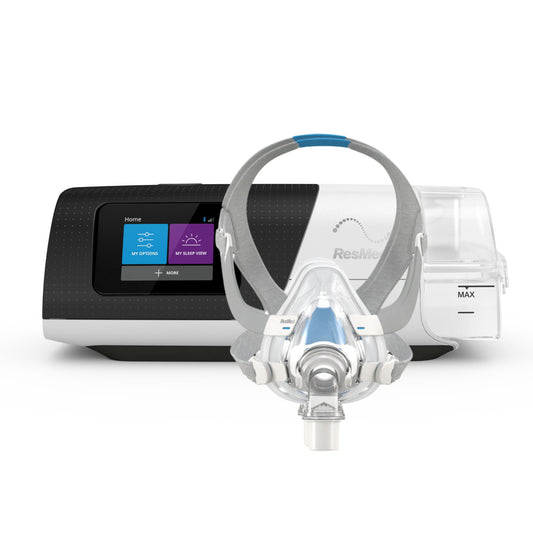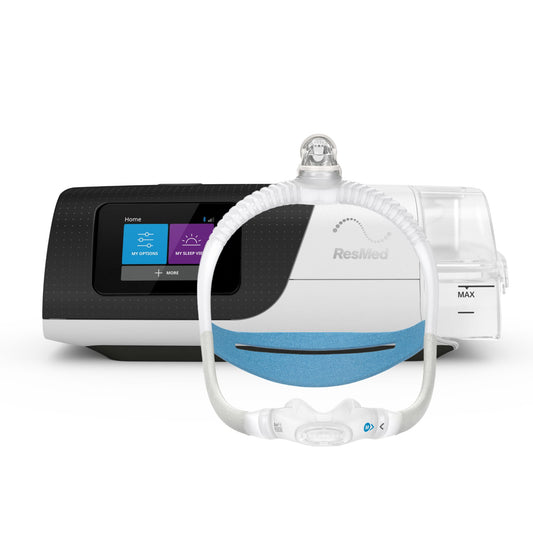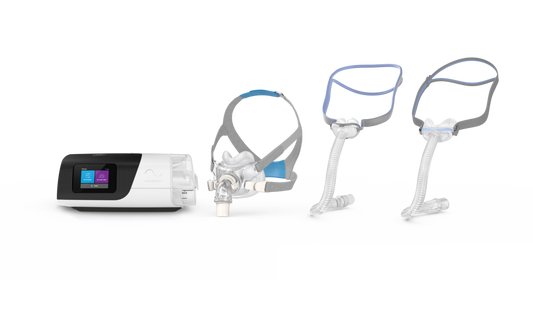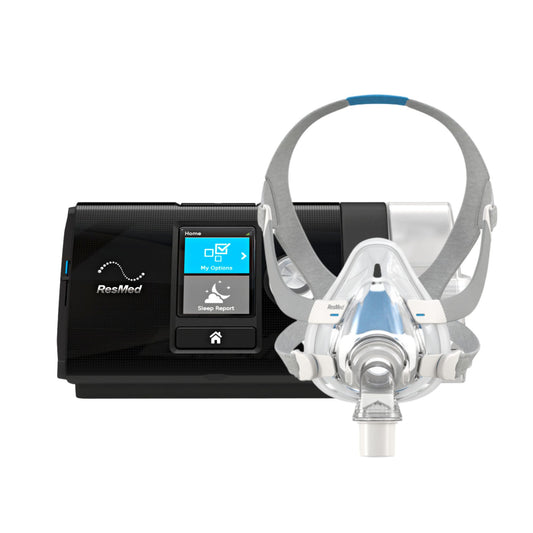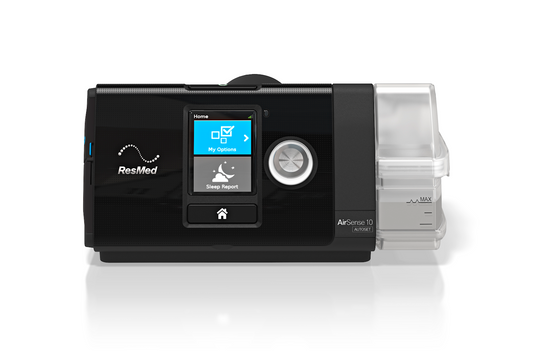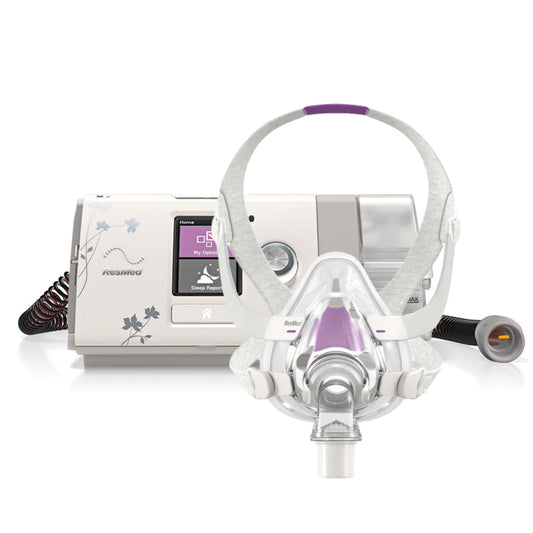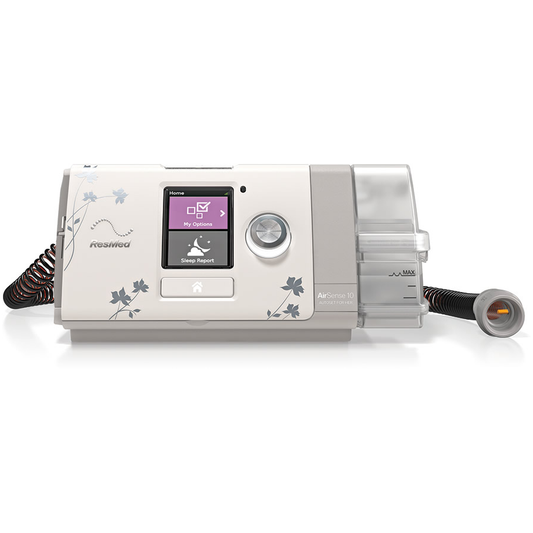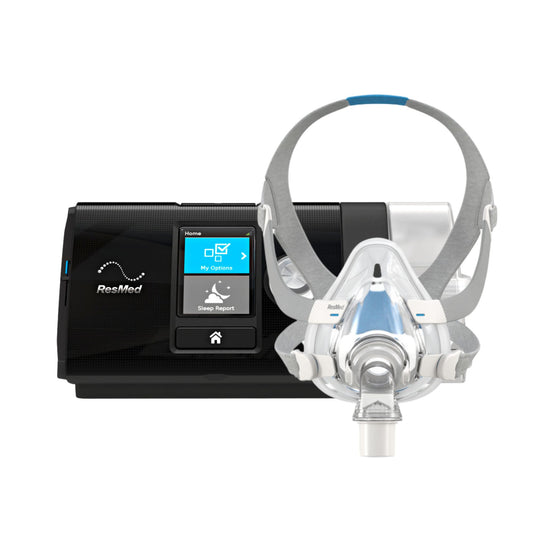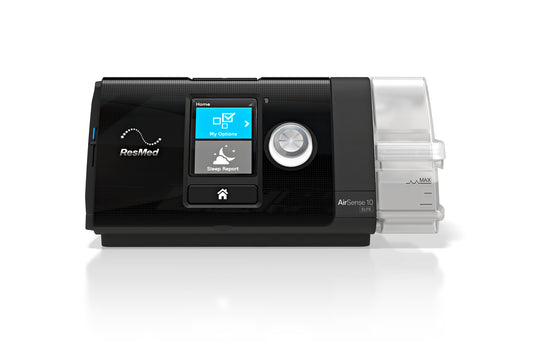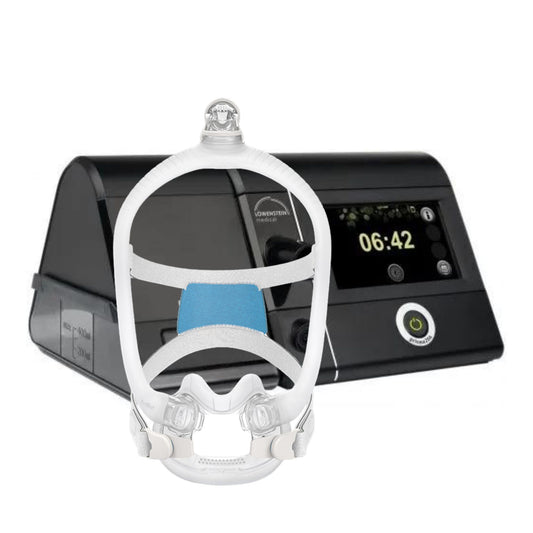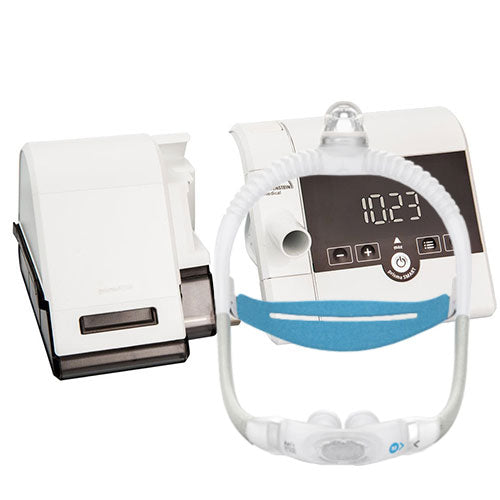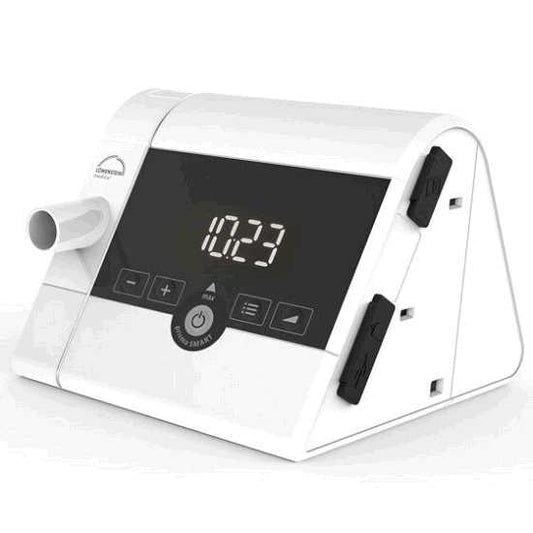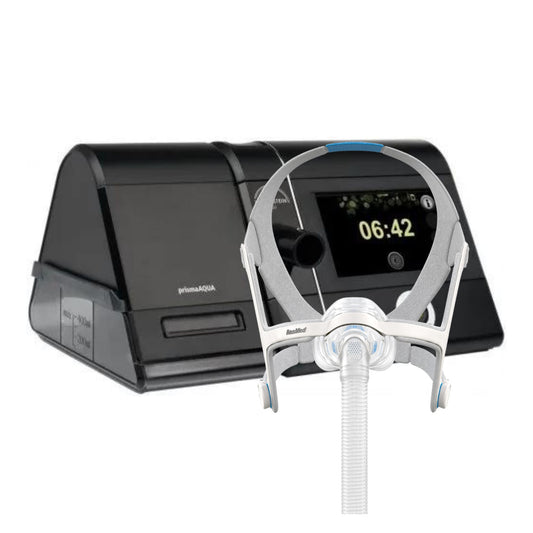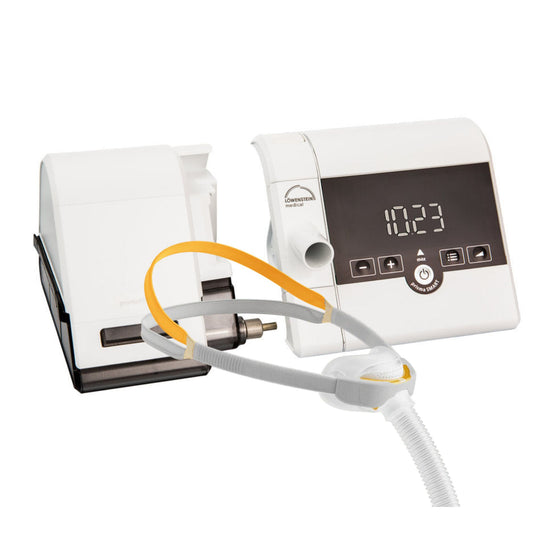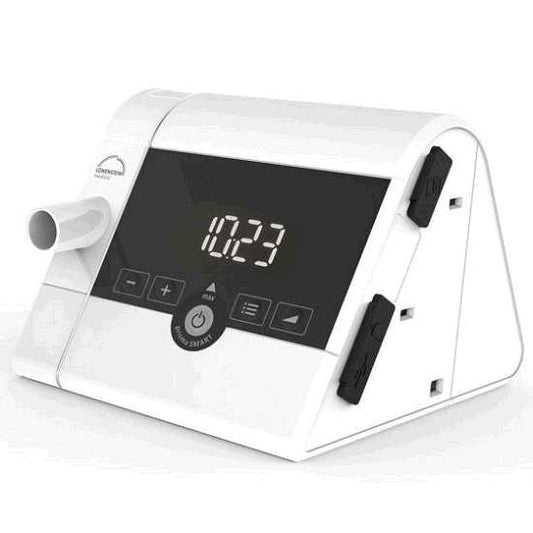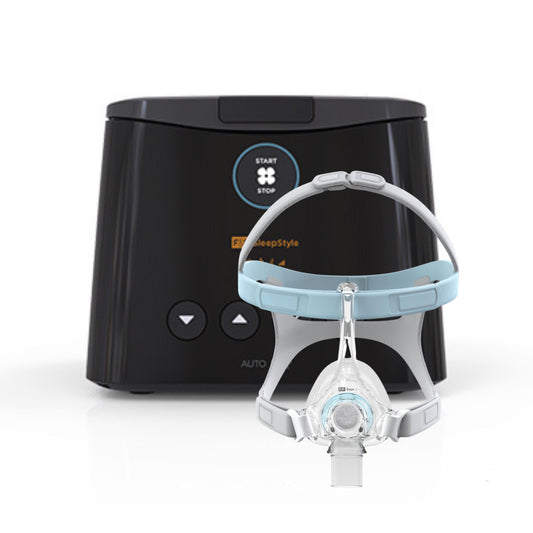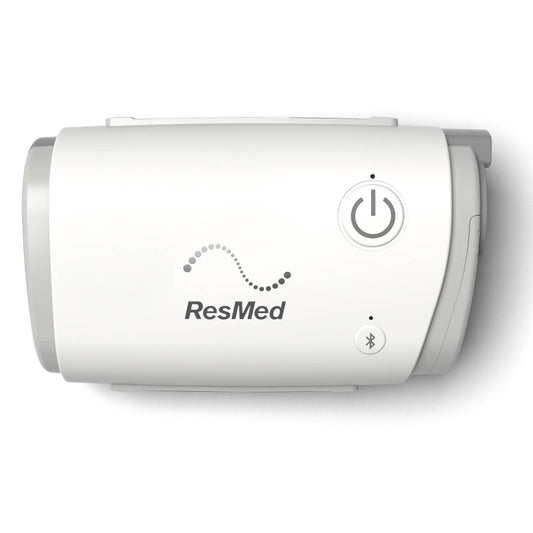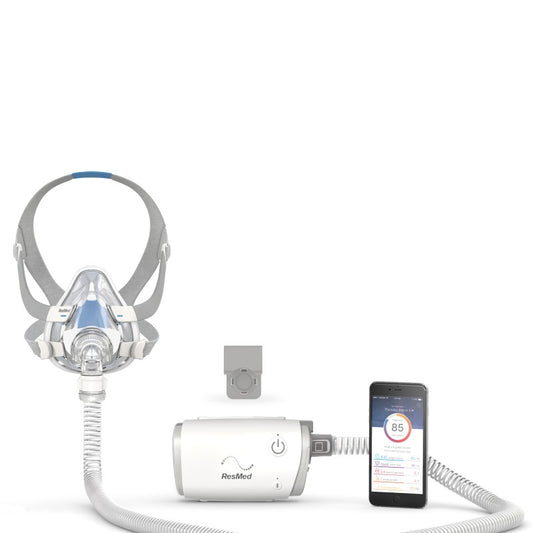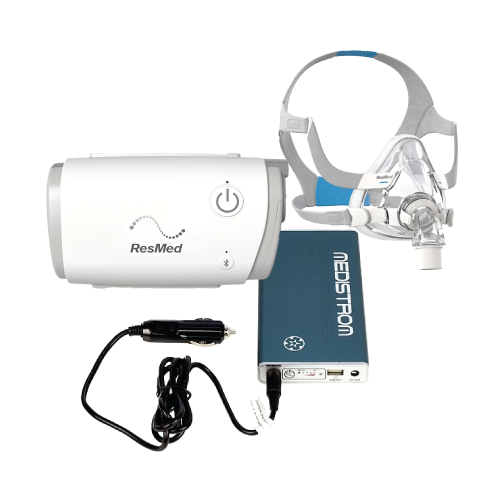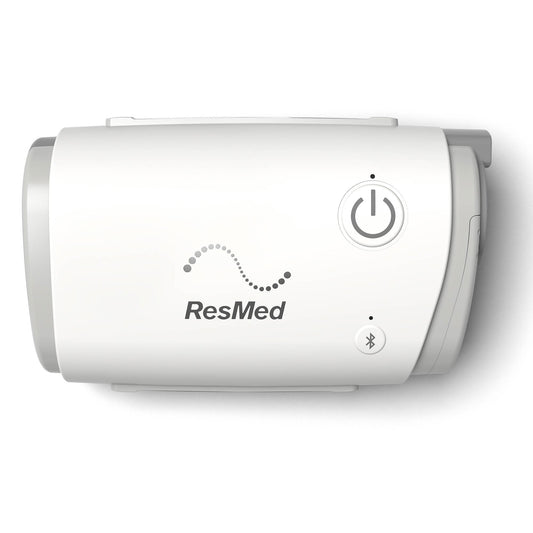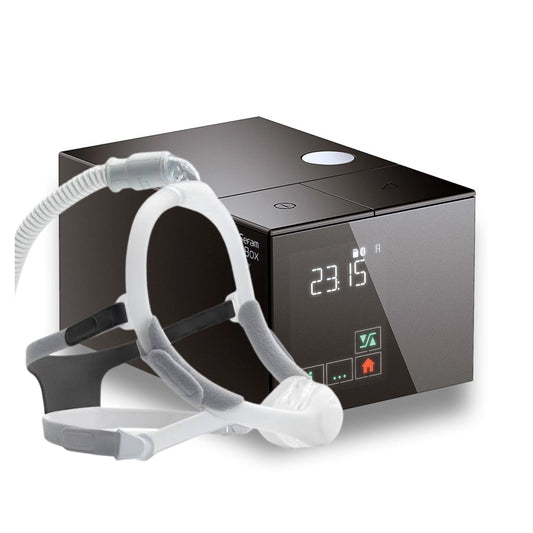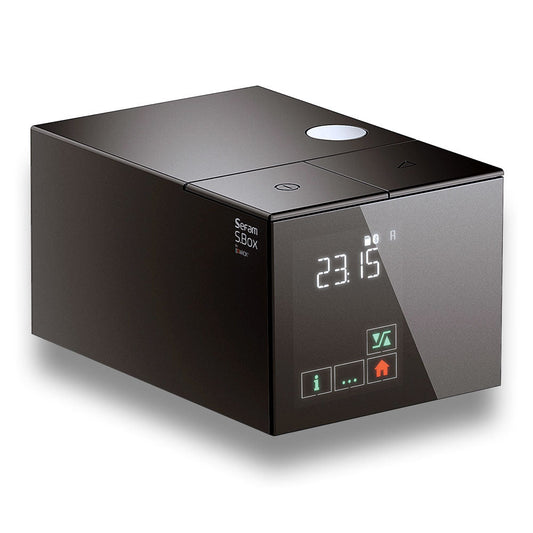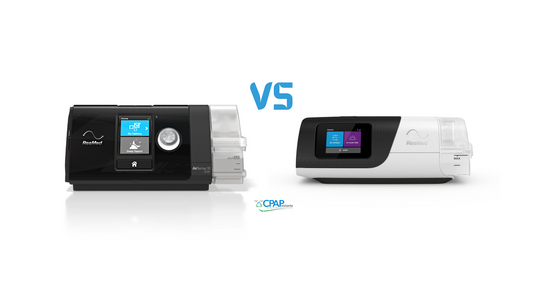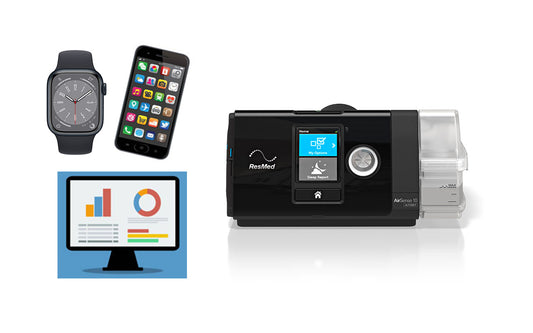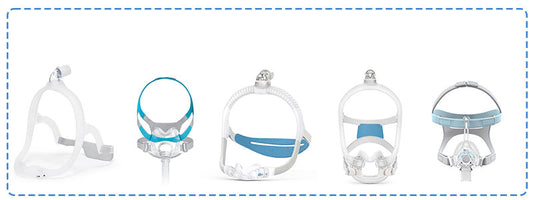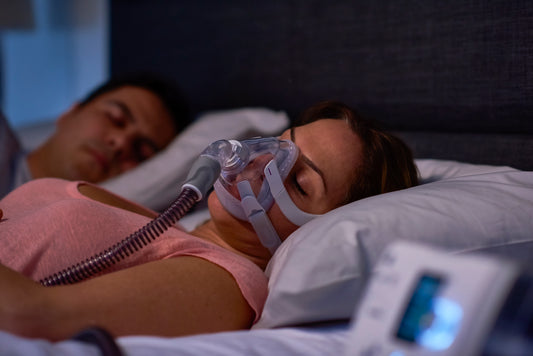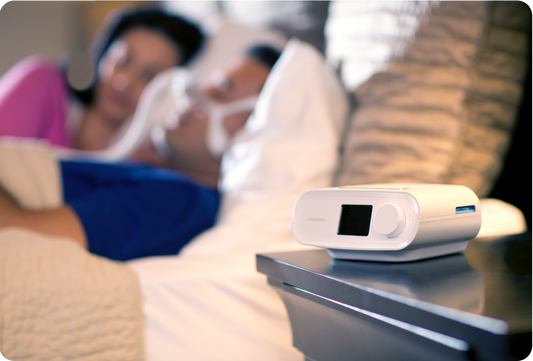Recent studies have indicated a strong link between sleep apnoea and atrial fibrillation, a condition affects over 33 million people across the world. Though atrial fibrillation may be caused by hypertension, heart disease and brought about by age, more than half of AFib patients suffer from obstructive sleep apnoea (OSA).
People with obstructive sleep apnoea experience at least 10 seconds of restricted breathing during sleep due to blockage in their airway. The condition can be mild or severe, depending on the number of times a person stops breathing each hour.
What is Atrial Fibrillation?
Atrial Fibrillation or AFib is a condition that is characterized by an abnormal heart rhythm experienced by a person due to disordered electrical signal received by the heart. During AFib the atria or upper chambers of the heart quiver instead of contract. The blood pools in the atria which could form into clots that break free, enter the bloodstream and cause a stroke.
Clinical studies have shown that people with AFib are five times more at risk of having a stroke. People with diabetes, hypertension, heart disease, and those over 60 are more at risk of developing AFib. Until recently, the link between sleep apnoea and AFib has not been fully understood. It is only now that health care providers are aware that AFib and ISA are two overlapping conditions – that addressing both conditions is the best treatment approach.
OSA and AFib Relationship
Statistics indicate that there are more than 100 million people around the world suffering from sleep apnoea. Research indicates that people with sleep apnoea are 4 times more likely to develop atrial fibrillation. If sleep apnoea remains untreated, then the onset of comorbidities such as diabetes and hypertension are likely to develop, inclining a person to develop AFib. So, these two conditions are closely linked and connected.
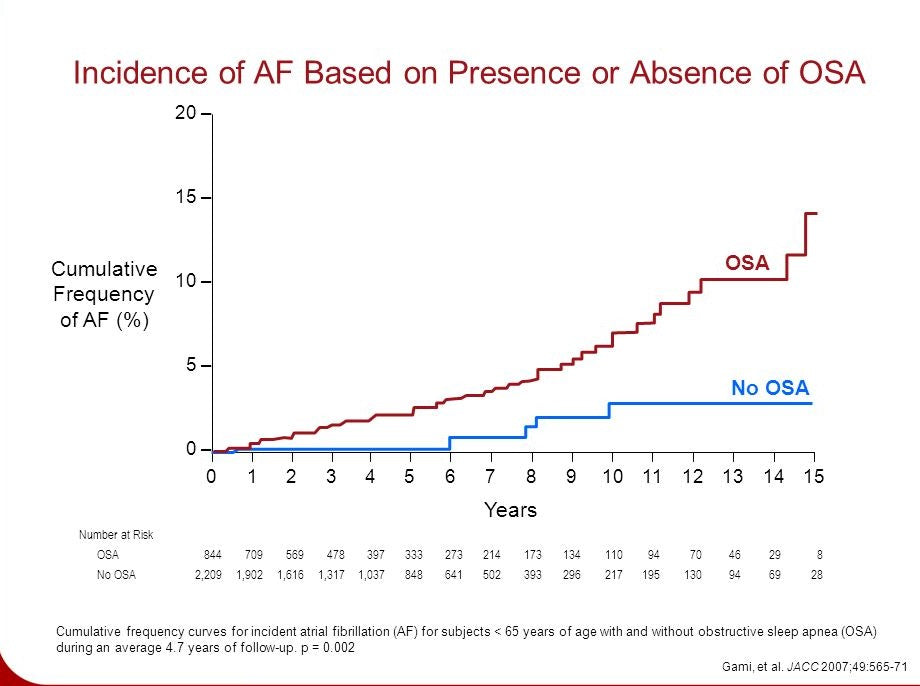
Further research indicated that sleep apnoea triggers arrhythmias while one is sleeping. A person with sleep apnoea lacks oxygen for several seconds numerous times each hour. Lack of oxygen causes the heart to undergo chemical changes and mechanical stresses, which may consequently lead to atrial fibrillation. Untreated sleep apnoea may inhibit AFib treatment because the condition lessens the efficacy of some AFib treatments. For example, patients with both OSA and AFib may not respond well to heart medications compared to patients with AFib only. Thus, a patient with AFib and OSA will respond more with his AFib medications if his sleep apnoea is under control.
Treating OSA and AFib
A patient with AFib and OSA should be treated accordingly. The usual approach for treating AFib is by a minimally invasive technique called catheter ablation. The procedure involves threading a catheter through the blood vessels and to the heart’s left atrium. A cryo energy or radio frequency cauterizes the heart muscle that short circuits the hearts electrical system, thus stopping any atrial fibrillation. This procedure will be highly effective in combination with CPAP therapy for patients with both OSA and AFib.
CALL US NOW FOR MORE INFORMATION ABOUT SLEEP APNOEA!
1 300 750 006
